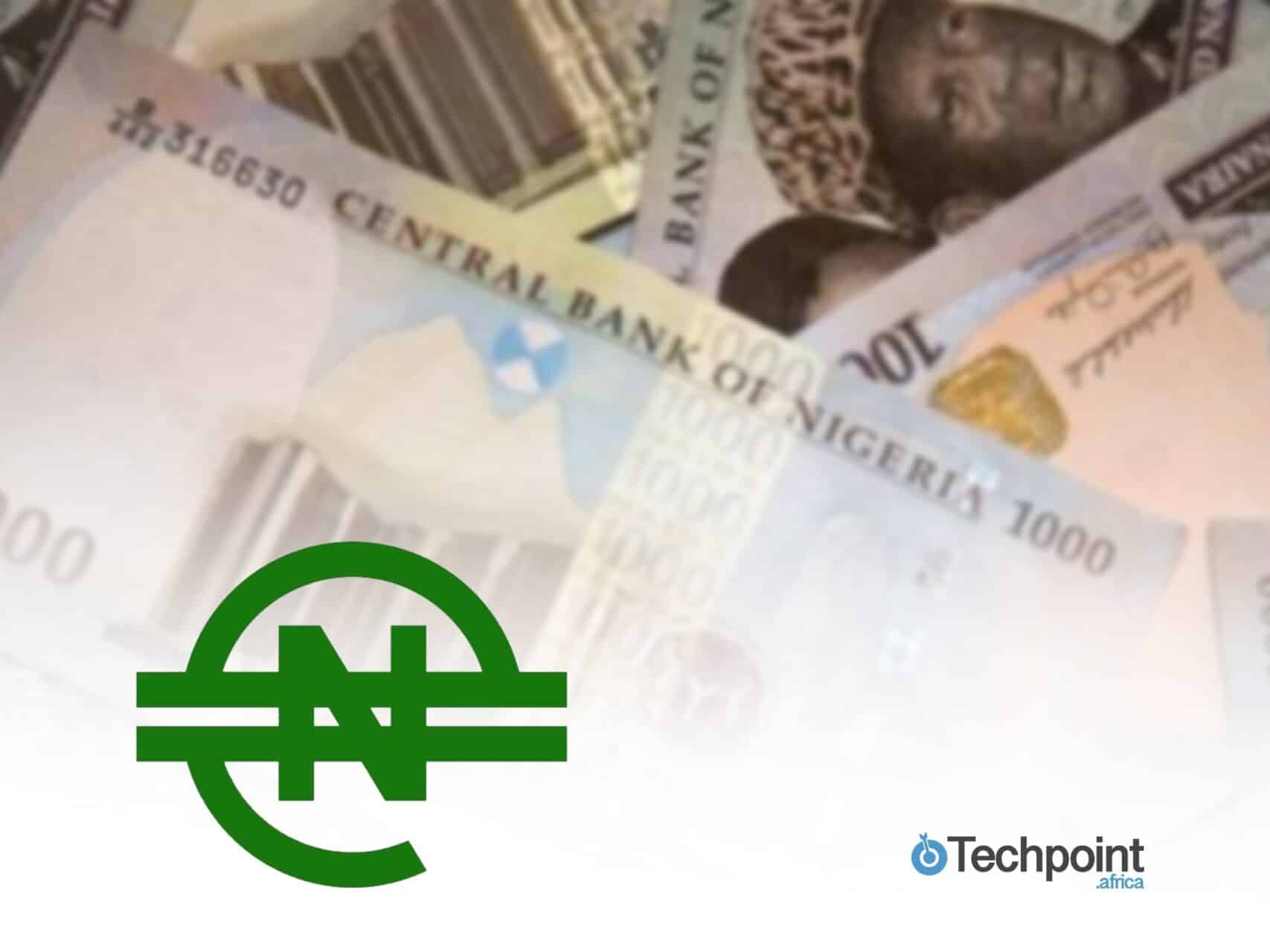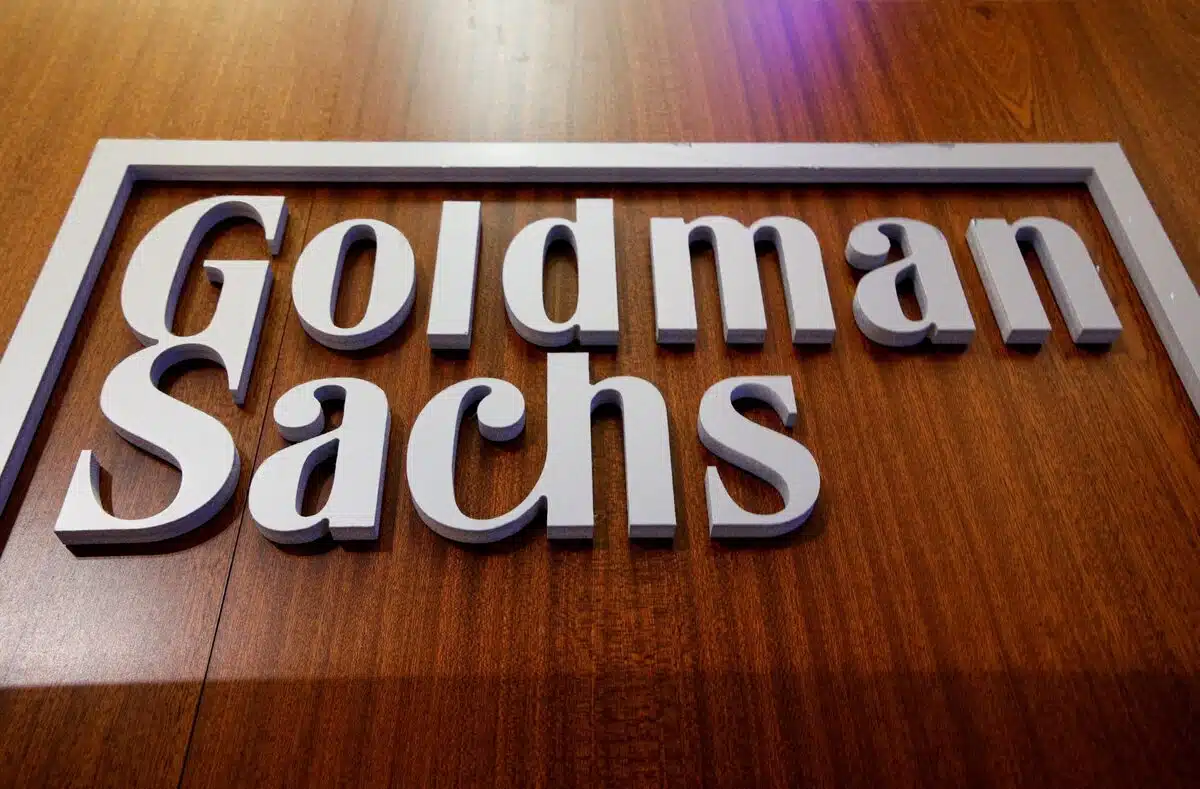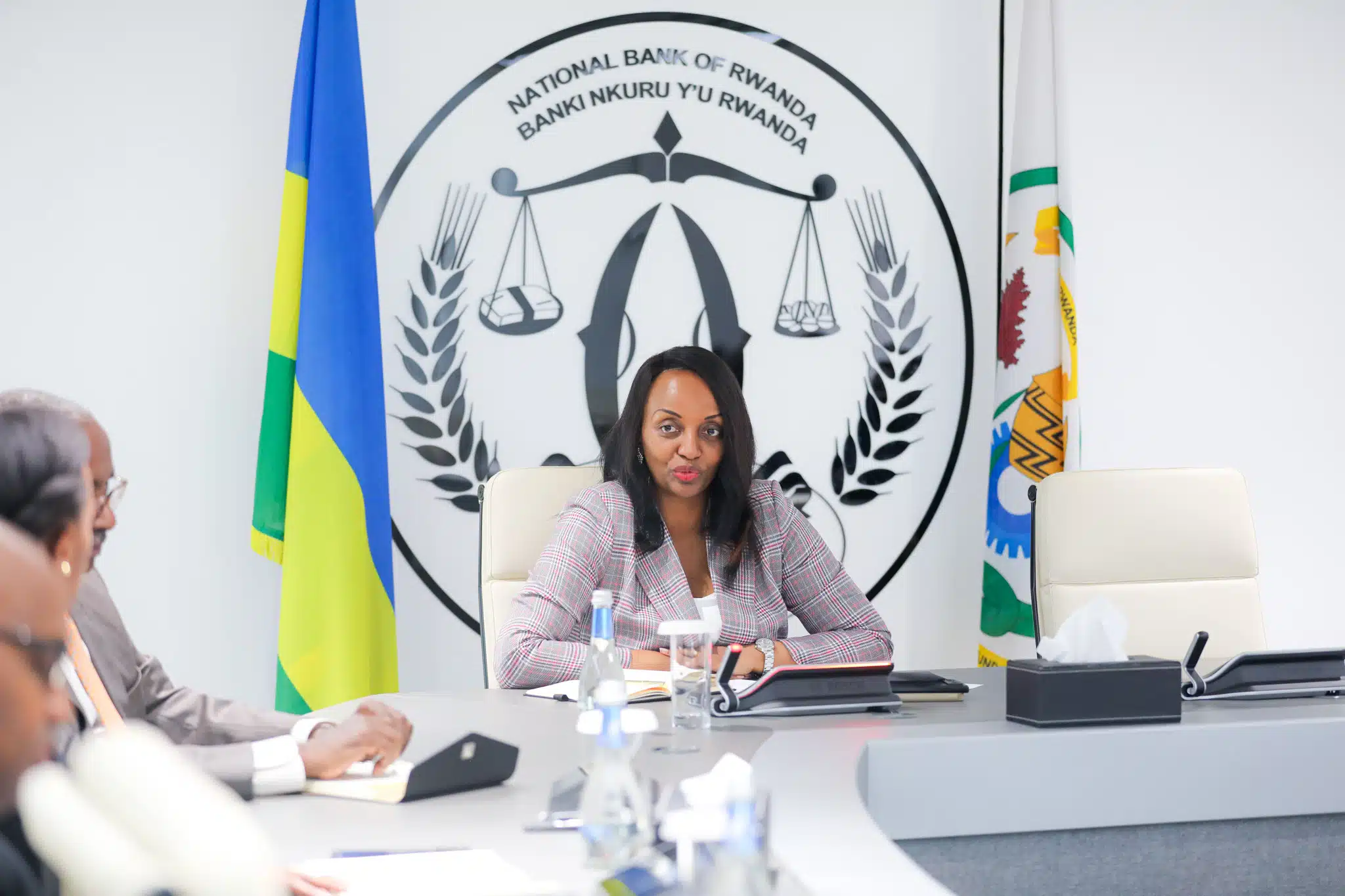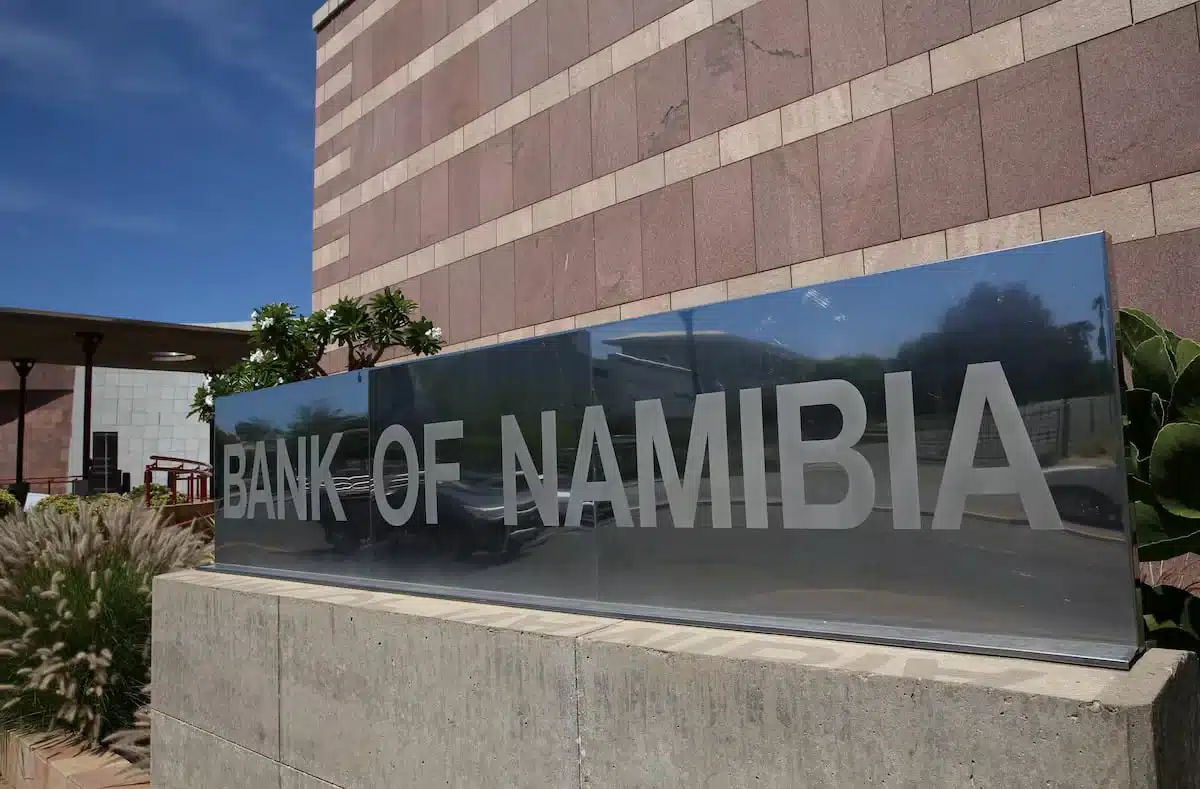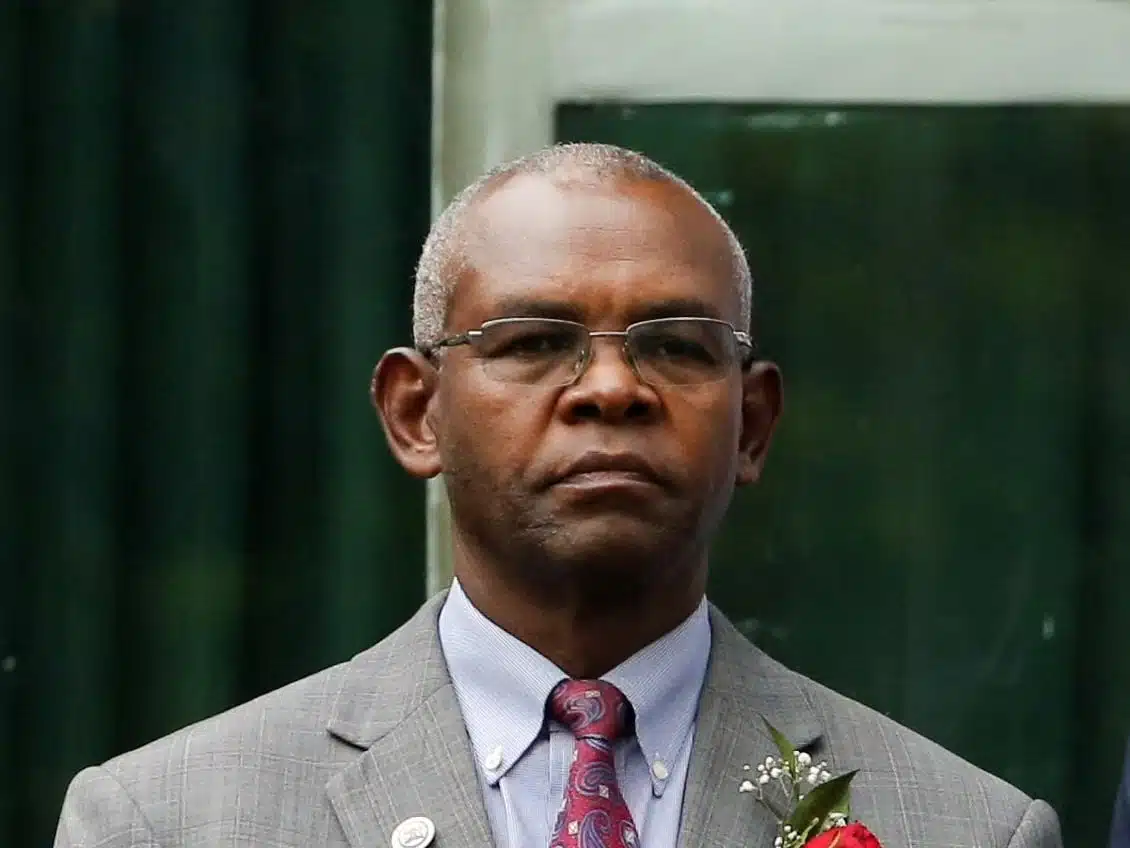The Federal High Court in Abuja, Nigeria, has declined a request to stop the Central Bank of Nigeria (CBN) from using the name eNaira, ruling that halting the digital currency’s operations over a trademark dispute could harm the Nigerian economy and undermine public confidence in its financial system.
The decision was passed on Friday. With Justice James Omotosho ruling as Judge, eNaira Payments Solutions Limited as the plaintiff, a private firm that claims it owns the trademark for eNaira.
The private company had asked the court to halt the CBN from using or asserting rights to the name both in Nigeria and internationally, particularly in dealings with the United States Patent and Trademark Office (USPTO). Claiming ownership of the name and unauthorized usage by the CBN.
The plaintiff, represented by its CEO, Jonathan Kenneth Adoke, argued that it had legally registered the eNaira trademark and that the CBN’s continued use of the name constituted a violation of its intellectual property rights.
The firm also sought to compel the CBN to inform U.S. authorities of the ongoing legal dispute and to refrain from presenting eNaira as a national digital currency until the case was resolved.
In response, the CBN’s legal team maintained that eNaira is more than just a brand – it is a sovereign digital asset, officially launched by the federal government in October 2021 to promote financial inclusion and reduce reliance on cash.
After all proceedings, the court declined to grant the injunction, concluding that the public interest in maintaining the integrity and stability of Nigeria’s financial infrastructure exceeds the company’s private claim.
“The CBN would be placed in an irreversible position if this application were granted,” Justice Omotosho ruled. Furthermore, he said, “The potential damage to the national economy, should this court halt the use of the name at this stage, would be significant.” Also, noting that the CBN had already forwarded a written notice to the Trademark office of the U.S Federal Government, not laying claim to the name.
Although this is not the final judgment, as the court has further adjourned the case to July 6, it is a refusal to grant a temporary injunction that could create lasting damage.
What you should know
Nigeria has faced challenges managing its digital monetary system. After banning cryptocurrency transactions in February 2021, the Central Bank of Nigeria (CBN) announced plans to launch a Central Bank Digital Currency (CBDC) in June 2021.
By October 2021, the CBDC, built on the Hyperledger Fabric blockchain, was launched, attracting over 500,000 users in its first few weeks. It aimed to boost financial inclusion and support digital transactions through USSD codes, digital wallets, and integration with government payment platforms.
Although this recent legal challenge threatens its continuity, the CBDC remains operational for now. A court ruling against the CBN could have disrupted the system and shaken investor confidence.
Meanwhile, with rising investments in crypto assets, the IMF has warned Africa’s apex banks to remain cautious of digital assets due to capital flight concerns, among others.
Why it matters
This ruling protects the Central Bank’s ability to continue operating and promoting the e-Naira without disruption. For investors, a court-ordered halt could have triggered regulatory uncertainty, shaken confidence in Nigeria’s fintech environment, and delayed broader adoption of digital finance tools.
By upholding the CBN’s position, the court signalled stability in Nigeria’s digital monetary policy, which is vital for long-term investment planning. It also signals the government’s commitment to digital innovation, reducing the risk of reputational damage in global financial circles.
The bigger picture
As African countries explore digital currency, disputes over naming rights are becoming a flagship to a broader battle between private innovation and apex control.
This case will set a test case for how courts balance intellectual property claims against a nation’s economic priorities in the digital age.

